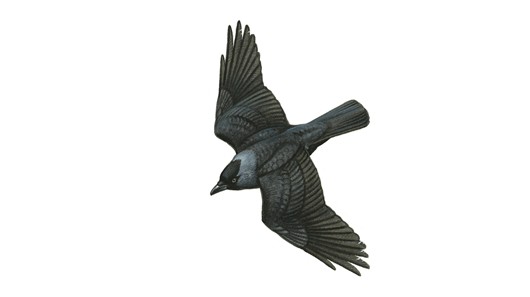Urinary Incontinence
Each year between 1994 and 2000, women who replied positively to the question “Do you ever lose any urine when you cough, sneeze, laugh, run, or exercise?” were classified as having the symptoms of stress incontinence (referred to as just stress incontinence). Those who replied positively both to the question “Do you ever have an urgent and strong desire to pass urine which is difficult to control?” and to the follow up question “Do you ever lose any urine before you reach the toilet?” were classified as having the symptoms of urgency and urge incontinence (referred to as urge incontinence). Severe incontinence was defined as involuntary loss occurring twice a month or more over the previous year and the reported loss of more than a few drops of urine.
In 1999 (age 53 years), men were asked a series of questions related to bladder problems and incontinence.
In the 2014-16 postal questionnaire (age 68-70), all study members were asked how often, how much and when they leaked urine. They were also asked how much this interfered with their everyday lives. Based on the ICIQ-urinary incontinence questionnaire.
Obtaining the standard urinary incontinence variables
- You can obtain a list of the standard topic variables to use in an NSHD data sharing request by selecting the link below.
